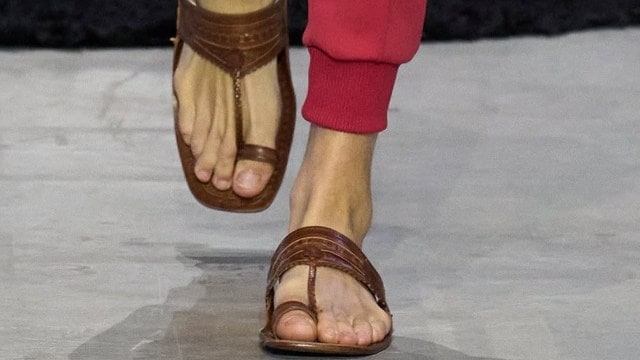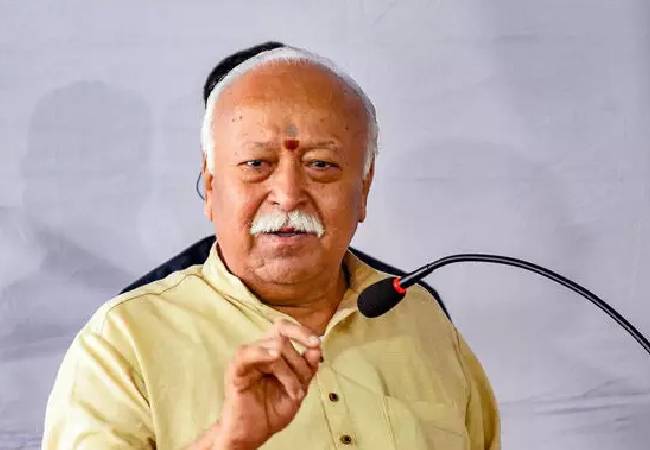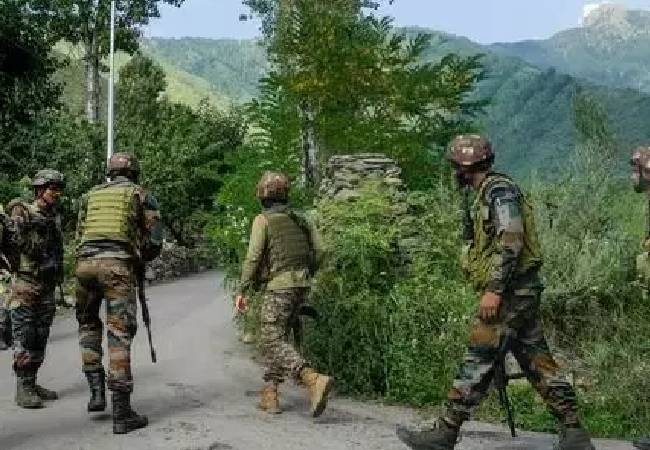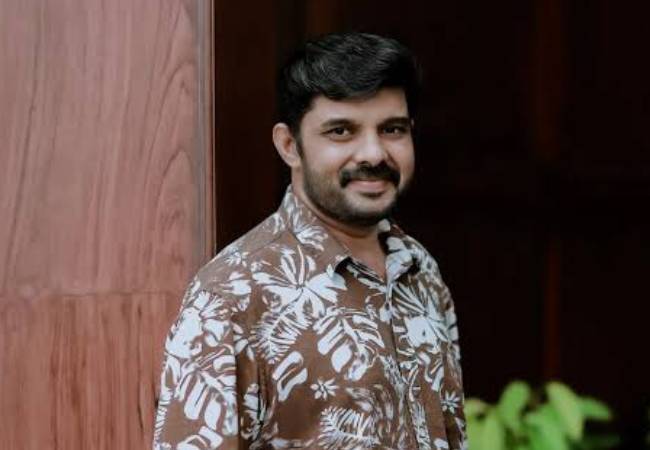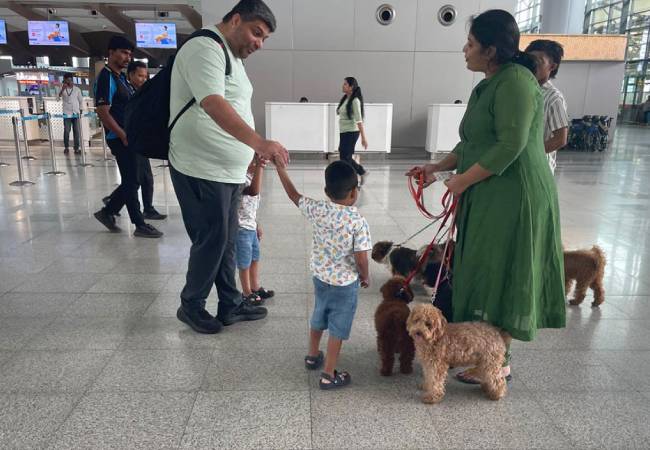Mumbai (PTI): The Bombay High Court on Wednesday questioned the statutory right of six advocates to sue Italian fashion house Prada for its alleged unauthorised use of the famous Kolhapuri chappals, and dismissed their public interest litigation (PIL).
A bench of Chief Justice Alok Aradhe and Justice Sandeep Marne raised questions on the locus of the petitioning advocates, saying they were not the aggrieved persons or the registered proprietor or owner of the footwear.
“What is your (petitioners') statutory right?” HC asked.
"You are not the owner of this Kolhapuri chappal. What is your locus and what is the public interest? Any person aggrieved can file a suit. What is the public interest in this," the court asked.
The plea had said the Kolhapuri chappal (sandals) is protected as a Geographical Indication (GI) under the Geographical Indications of Goods (Registration and Protection) Act.
The bench then said that the registered proprietor of the GI tag can come to court and espouse their own action.
The court dismissed the plea and said it would pass a detailed order later.
In their spring/summer collection, Prada showcased their toe-ring sandals, which the petition said are deceptively similar to the Kolhapuri chappals. These sandals are priced at Rs 1 lakh per pair.
The bench also questioned how an injunction can be granted in a PIL and said the affected party can file a suit if they wish to.
“Infringement action cannot be decided in a PIL. It has to be in a suit by the aggrieved person. Evidence will have to be looked into,” HC said.
Senior counsel Ravi Kadam, appearing for Prada, argued that a GI tag was a trademark and opposed the PIL filed by the advocates.
The petition filed earlier this month had sought compensation to be paid to Indian artisans over the alleged copying of their design.
"The Kolhapuri chappal is the cultural symbol of Maharashtra," the plea filed by six Pune-based lawyers said.
The petition was filed against the Prada Group and various Maharashtra government authorities.
It sought direction restraining Prada from commercialising and using its 'toe-ring sandals' without authorisation, and for the luxury fashion group to issue a public apology and acknowledge the use of Kolhapuri chappals.
“The court shall also order a permanent injunction against Prada's unauthorised GI use and to compensate the artisans' community for reputational and economic damages," the petition had said.
It also sought an inquiry against Prada for violating the rights of GI-registered proprietors and the artisans' community.
By way of interim order, the PIL had sought damages and compensation to be paid to the artisans' community, including a temporary injunction restraining Prada from marketing, selling or exporting their sandals.
It claimed that Prada has privately accepted that its collection has been inspired by Indian artisans but has not yet issued any formal apology or compensation to the original artisans.
“The private acknowledgement appears to be merely a superficial attempt to deflect criticism," the PIL said.
The petitioners sought a direction to the authorities to protect the rights of the community and ensure compensation for its members.
Let the Truth be known. If you read VB and like VB, please be a VB Supporter and Help us deliver the Truth to one and all.
Mumbai (PTI): A special court here in its judgment, acquitting seven persons in the September 2008 Malegaon blast case, rejected the claims made by a former Maharashtra Anti Terrorism Squad (ATS) official that he had been ordered to arrest RSS chief Mohan Bhagwat in the case.
Special NIA Judge A K Lahoti, in his over 1000-page judgment, said it did not find any force in the contentions raised by the advocate for accused Sudhakar Dwivedi, who had relied on the claims made by Mehboob Mujawar, a former ATS officer.
The observations fell flat on the face of Mujawar, who had reiterated on Thursday that he had been asked to apprehend Bhagwat and the objective behind the same was to establish that there was "saffron terror".
Mujawar had at the time also claimed that senior ATS officers had ordered him to arrest Bhagwat, but he had refused to obey such illegal orders as he did not find any role of Bhagwat in the alleged offence.
The court, in its order, rejected the defence lawyer's contention based on a statement made by ACP Mohan Kulkarni, the then chief investigating officer, that Mujawar was never asked to arrest any member of RSS and was only sent out to trace the two absconding accused, Ramji Kalsangra and Sandeep Dange.

